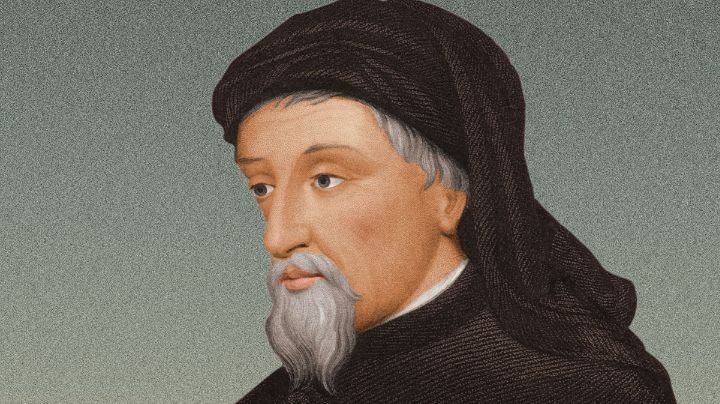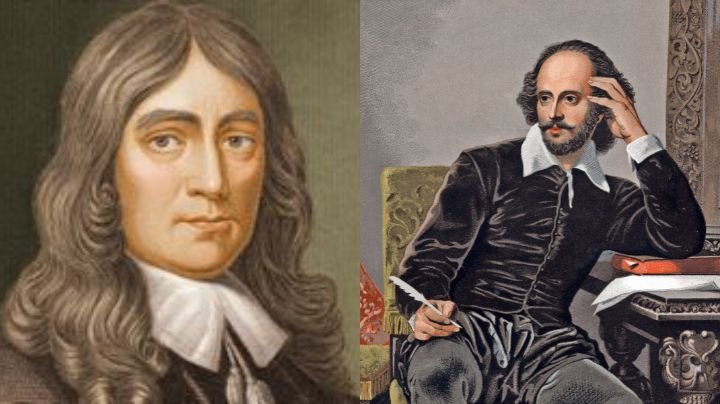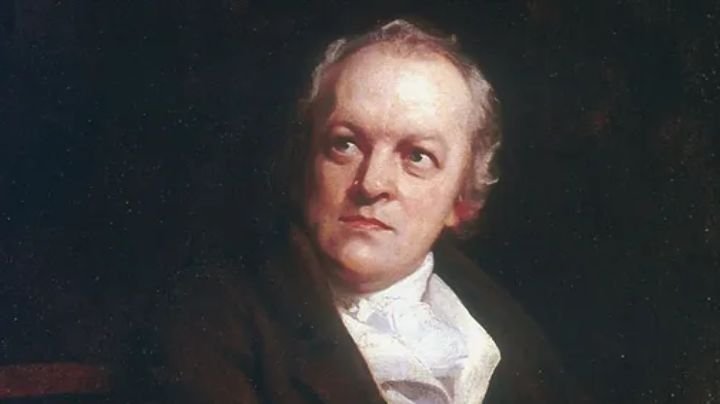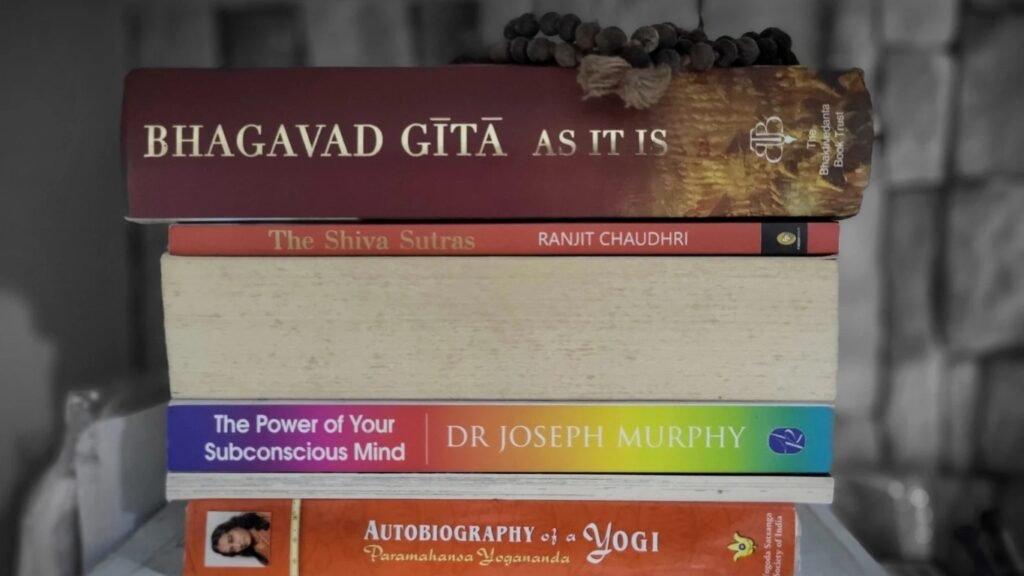The Complete History of English Literature: The term “literature” comes from the Latin word “litaritura”, meaning “writing organized with letters.” Literature serves as a reflection of society, capturing its norms, culture, and traditions across different time periods. Through literature, we can gain insight into the way people lived, thought, and expressed themselves, while also observing the social changes that have taken place over time. Today we’ll focus on English literature, which encompasses a wide range of works including novels, short stories, poems, plays, and both fiction and non-fiction—all written in the English language.
The Old English Period (450–1066)

Also known as the Anglo-Saxon Period, The Old English Period began in the mid-5th century, following the migration of the Angles and Saxons to Britain after the fall of the Western Roman Empire. This era laid the foundation for English literature, with early works reflecting themes of heroism, religion, and exile. Key texts include Beowulf, Genesis, Exodus, The Wanderer, and The Battle of Maldon.
Writers like Cynewulf and Caedmon were pioneers of this period, often using alliteration instead of rhyme to suit the oral tradition of storytelling. These works were deeply rooted in Christian and pagan beliefs, blending myth with moral teachings. Old English literature, with its unique style and themes, reflects the early struggles, faith, and identity of the Anglo-Saxon people, making it a vital part of literary history.
Middle English period (1066–1500)

This period began with the Norman Conquest, which introduced French language and culture to Britain, significantly influencing English literature. This era, also known as Anglo-French Literature, saw the blending of Norman French and Anglo-Saxon traditions. Geoffrey Chaucer, one of the period’s most highly regarded poets, is celebrated for works like The Canterbury Tales, The House of Fame, and The Book of the Duchess, which explored themes of courtly love and social commentary.
Religious and allegorical works also thrived, with William Langland’s Piers Plowman standing out as a notable critique of societal corruption. Drama took root in the form of morality and miracle plays, with works like Everyman highlighting moral lessons, while biblical stories were performed in churches through Miracle plays. The Middle English Period was a dynamic time, as literature evolved alongside the fusion of cultures and languages in post-Norman Britain.
The Renaissance Period (1500–1660)

Also known as the Elizabethan Period or The Age of Shakespeare, this period is considered the “Golden Age” of English literature. This era followed the Middle Ages and marked a cultural revival or rebirth across Europe, often referred to as the Enlightenment Period in English literature. It was an age of great artistic and intellectual flourishing, with drama, poetry, and prose reaching new heights.
William Shakespeare was the dominant figure, contributing masterpieces like Hamlet, King Lear, Romeo and Juliet, and A Midsummer Night’s Dream. His influence was so significant that the period is often called “The Age of Shakespeare.” This time also saw the rise of metaphysical poetry, with John Donne playing a key role. The first comedy of this age, Ralph Roister Doister by Nicholas Udall, marked the beginning of a flourishing dramatic tradition.
Other important figures include John Milton, Ben Jonson, and Thomas Kyd, whose works collectively helped shape the richness and diversity of this period. Literary dramas, sonnets, and metaphysical poetry contributed to making this era the true golden age of English literature.
The Neoclassical Period (1660–1798)

The Neoclassical Period (1660–1798), also known as the Restoration Period (1660–1700), marks the restoration of the English monarchy with the return of Charles II after his exile in France. This era saw the rise of reason, order, and restraint in literature, drawing inspiration from classical ideals.
During the mid-18th century, the novel emerged as a significant literary form. Daniel Defoe, a pioneer of this genre, introduced the modern novel with his famous work Robinson Crusoe, which blended adventure and introspection. His innovative use of the prose narrative made him a key figure in shaping the novel as a new form of literary expression.
In prose writing, Richard Steele and Jonathan Swift became prominent figures. Swift’s satirical masterpiece Gulliver’s Travels offered sharp social critique, while Steele contributed significantly to the development of the essay. The Neoclassical period is characterized by its emphasis on reason, wit, and classical themes, marking a return to order after the turbulence of earlier centuries.
The Romantic Period (1798–1837)

It is often regarded as one of the most flourishing eras in English literature, particularly known as the Age of Poetry. This period saw the emergence of legendary poets such as William Wordsworth, Samuel Taylor Coleridge, Percy Bysshe Shelley, John Keats, Lord Byron, and Robert Southey. These poets emphasized a deep connection with nature, emotion, and the beauty of the everyday.
The Romantic poets moved away from the formal, structured style of their predecessors and embraced simplicity in language, choosing to write in the vernacular of the common people. They believed that even the ordinary aspects of life—nature, emotions, and common experiences—could be elevated and made fascinating through the right treatment.
Drawing inspiration from earlier figures like Shakespeare and Spenser, these poets sought to connect with the masses. Their works often celebrated the individual’s emotional experiences and the sublime beauty of nature, making the Romantic Period one of the most influential movements in literary history.
The Victorian Period (1837–1901)

The Victorian Period (1837–1901) is a long and complex era in English literature, often divided into two sub-periods: the Early Victorian Period (1837–1870) and the Later Victorian Period (1870–1901). This era reflected the social, economic, and industrial changes sweeping through Britain, and literature was dominated by middle-class values.
During the Early Victorian Period, writers like Alfred Tennyson, Charles Dickens, Robert Browning, and William Thackeray rose to prominence. Their works often addressed the social issues of the time, including class struggles, industrialization, and moral dilemmas. Dickens, in particular, became renowned for his vivid portrayal of Victorian society.
The Later Victorian Period, starting around 1870, saw a shift in tone and themes. Writers such as Charles Swinburne, Christina Rossetti, George Eliot, and Oscar Wilde brought more complexity to their works, often questioning established norms and focusing on psychological and aesthetic issues. The Victorian Period remains a rich and diverse era, full of social commentary and literary innovation.
The Modern Period (1901-1945)

This period started in the 20th century, marking a significant shift in literature from the values and approaches of the Victorian Era. Modern writers rejected the traditional perspectives on life and its problems, which had been prevalent during the Victorian period, favoring a new value system that embraced self-interrogation, skepticism, and scientific thought.
This transformation in mindset was largely influenced by the ideas of thinkers like Karl Marx, Friedrich Engels, and William Morris, among others, who challenged established norms and introduced radical new perspectives on society, class, and individual existence. As a result, modern writers explored themes of alienation, disillusionment, and the complexities of human consciousness, reflecting the rapidly changing world around them.
The literary style of this era became more experimental, with innovations in narrative structure, language, and form, making the Modern Period a pivotal time for literary evolution, characterized by its bold break from Victorian conventions.
The Contemporary Period (1945 – Present)

The Contemporary Period (1945–Present) in English literature, emerging after World War II, reflects profound changes driven by the rise of mass media such as newspapers, radio, television, and film. These new platforms broadened the scope of writers’ access to information, encouraging them to explore more complex themes and experiment with form and style.
This era is marked by bold literary experimentation and a deeper examination of human emotions, identity, and societal change. Writers engaged with issues like post-war trauma, existentialism, technology, and global politics, reflecting the complexities of the modern world. Prominent authors such as John Wain, William Golding, Toni Morrison, Philip Roth, and Yuval Noah Harari have contributed significantly, each exploring the human condition in innovative and thought-provoking ways.
ALSO READ:






Pingback: Top 10 Traders of All Time - Readers orbit
Pingback: 5 Classic French Books You Should Read - Readers orbit
Pingback: History of Hindi Literature - Readers orbit